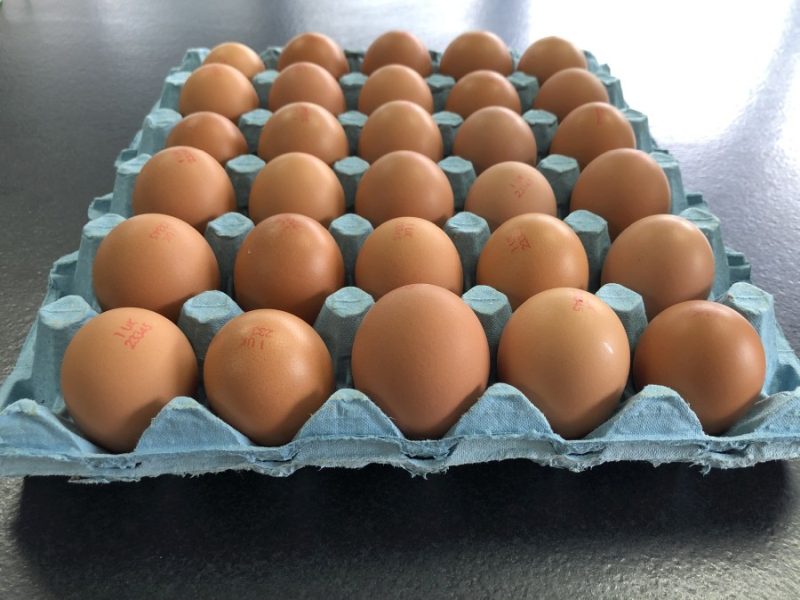
The UK has had a number of successes in its transition away from cage-free eggs, according to Compassion in World Farming's (CIWF) latest report.
Compassion, which produces its EggTrack report each year, says consumer demand for cage-free in the UK is increasing faster than industry conversion rates.
But the report's authors say that the UK has the highest proportion of free range layers of any country in Europe.
The UK has also developed a barn system that boasts a much higher standard than those in other European countries.
The animal welfare group pointed to retailer Morrisons for completing its switch to wholly free range eggs this year - five years ahead of the original 2025 cage-free target date set by the group.
The report's authors said: "In the UK, the European food business team worked collaboratively with the British Egg Industry Council, Tesco and Noble Foods to define a higher welfare standard for UK barn eggs under the British Lion Quality Code of Practice.
"The standard is significantly better than that permitted by European legislation and improves on the German KAT system, which is used widely in Europe."
CIWF said this meant that the UK market offered a strong set of baselines standards for British consumers.
The report added: "Noble Foods, the UK’s largest egg producer, has completed a multi-million-pound conversion of one of their enriched colony caged houses to this standard in a multi-story, multi-tier, aviary barn system."
Worldwide, CIWF said that progress towards cage-free was continuing despite the impact of the covid-19 crisis, although work was still needed.
“It has never been clearer that the future of egg production will be - and must be - cage-free," said Dr Tracey Jones, director of food business at Compassion.
"This year’s EggTrack report shows that, although progress has been made, which is remarkable against the backdrop of the pandemic, there is still work to be done, especially as we increase our focus at a global level and track commitments for all egg types, not just shell.
“Companies are leading the way on a cage-free future but building a supply chain capable of meeting the 2025 demand for cage-free eggs will take time and co-operation between producers and purchasers.
"It also requires investment into well-designed systems if we are to deliver the expected welfare benefits that can stand the test of time for consumer acceptability."
According to the 2020 report - the first to expand beyond the US and Europe to include global company commitments - 134 of 210 (63%) companies tracked made progress towards meeting their cage-free commitments.
Of the 210 companies, 80 operate globally, 57 operate only in North America or the United States and 73 operate only in Europe.
The report's authors said that, since 2016, the number of companies with global cage-free commitments had grown from five to more than 37.
This list included global giants like Unilever, Nestlé, Grupo Bimbo, Compass Group, Aldi Nord, and Aldi Sud. Barilla was the only company to have met their global cage-free commitment, which it did in 2019.
However, they said that a significant number of multinational companies, such as brands like McDonald’s, Subway, Walmart, and Burger King, had committed to eliminate cages in some regions but had yet to extend those commitments across their entire global supply chains.
